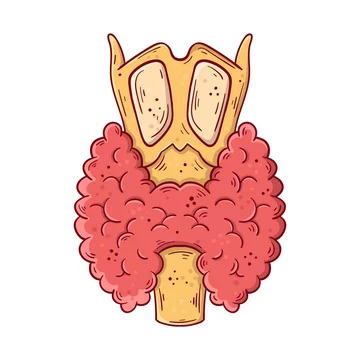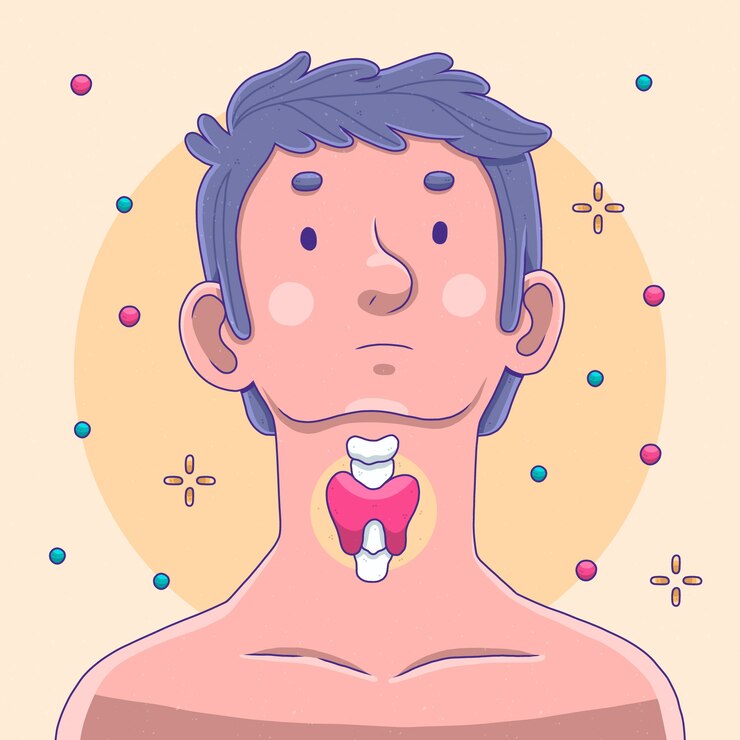Causes And Risk Factors: Unraveling The Origins Of Simple Goitre
Simple goitre, also known as non-toxic goitre or endemic goitre, is a condition characterized by the enlargement of the thyroid gland. While the exact cause of simple goitre may vary, several factors contribute to its development. By understanding the underlying causes and risk factors, we can better grasp the origins of this thyroid disorder and explore strategies for prevention and management.
Iodine Deficiency: A Primary Culprit
One of the leading causes of simple goitre is iodine deficiency, a condition characterized by insufficient intake of iodine, an essential mineral necessary for the production of thyroid hormones. When the body lacks an adequate supply of iodine, the thyroid gland compensates by enlarging in an attempt to increase hormone production. This enlargement results in the formation of a simple goitre.
- Iodine Deficiency Worldwide: In regions where iodine deficiency is prevalent, such as certain parts of Asia, Africa, and South America, simple goitre is more common. In these areas, the soil may be deficient in iodine, leading to a lack of iodine in the food supply.
- Impact on Local Communities: In urban areas like Moti Nagar and Naraina, where access to iodine-rich foods may be limited, simple goitre prevalence can be higher due to inadequate dietary iodine intake.
Genetic Factors: Understanding Familial Patterns
While iodine deficiency is a primary environmental factor, genetic predisposition also plays a role in the development of simple goitre. Individuals with a family history of thyroid disorders are at an increased risk of developing the condition themselves, indicating a hereditary component.
- Inherited Thyroid Conditions: Certain genetic mutations and familial thyroid disorders can predispose individuals to thyroid enlargement, including simple goitre. Familial clustering of the condition suggests a genetic influence on its development.
- Population Studies: Epidemiological studies have identified specific genetic variants associated with an increased risk of simple goitre. Understanding these genetic factors can help identify individuals at higher risk and inform targeted prevention strategies.
Endemic Factors: Environmental Influences
In addition to iodine deficiency and genetic predisposition, several environmental factors contribute to the development of simple goitre, particularly in endemic regions where the condition is prevalent.
- Socioeconomic Factors: Socioeconomic status can influence access to healthcare and nutritious foods, impacting iodine intake and thyroid health. Lower-income communities in areas like Moti Nagar and Naraina may face greater challenges in maintaining adequate iodine levels.
- Dietary Habits: Dietary factors, such as consumption of goitrogenic foods (substances that interfere with thyroid function) or excessive intake of certain nutrients like soy or cruciferous vegetables, can contribute to thyroid enlargement in susceptible individuals.
Hormonal Imbalance: Disruptions in Thyroid Function
Simple goitre can also result from hormonal imbalances affecting thyroid function. Disorders such as hypothyroidism or hyperthyroidism, characterized by underactivity or overactivity of the thyroid gland, respectively, can lead to compensatory thyroid enlargement.
- Hypothyroidism and Simple Goitre: In cases of hypothyroidism, where the thyroid gland is underactive and produces insufficient hormones, the pituitary gland may stimulate thyroid growth in an attempt to increase hormone production.
- Hyperthyroidism and Thyroid Enlargement: Conversely, in hyperthyroidism, where the thyroid gland is overactive and produces excess hormones, thyroid enlargement may occur as a compensatory response to hormone imbalances.
Conclusion
Simple goitre is a multifactorial condition influenced by a combination of genetic, environmental, and hormonal factors. While iodine deficiency remains a primary cause, genetic predisposition, endemic factors, and hormonal imbalances also contribute to its development. By unravelling the origins of simple goitre and addressing its underlying causes, we can implement effective prevention and management strategies to mitigate its impact on communities, including those in areas like Moti Nagar and Naraina, where symptoms may be more prevalent.
For any further queries, Plz visit drtanejathyroidclinic.com








